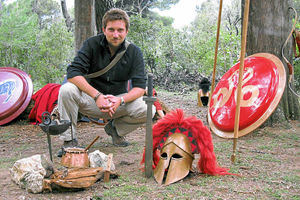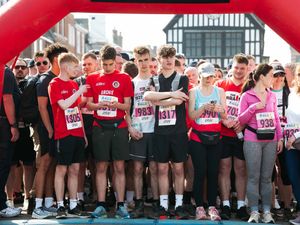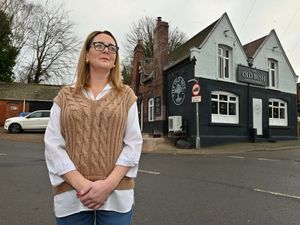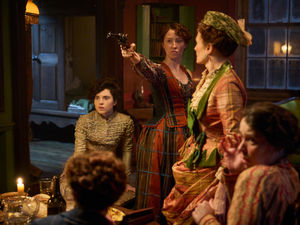TV review: Who were the Greeks?
Gosh, these ancient Greeks are a bit of a rum bunch, writes Thom Kennedy.

It's a society which approves of young men starting affairs with boys half their age, puts physically imperfect children on hillsides to die and forces thousands of slaves to mine silver for 10 hours at a time, in cramped crawl spaces.
I watched 300, the film about Spartans facing up to the Persian hoards a few years ago, and they didn't mention any of that.
But here's Dr Michael Scott to prick all my preconceptions, and it turns out they were up to all sorts of misdeeds.
He even looks a little bit like 300 star Gerard Butler's more bookish brother, so he has the credentials to tell us about the Greeks.
In Who Were The Greeks? (BBC2), a new documentary detailing the workings of different societies in ancient Greece, Dr Michael travels around ancient sites showing off evidence of all the misbehaviour he can find.
As documentaries go, it's a nice blend of genuine academic insight and the kind of facts that you can unfurl down the pub.
If you compare it, say, to Margaret Mountford's recent documentary about Pompeii, it feels as though it has much more substance, providing solid information and rarely falling back on gimmicks.
That said, Dr Michael still gets duffed up by wrestlers in an ancient discipline called Pankration, and in one particularly memorable sequence, visits a group of Spartan military re-enactment enthusiasts for a spot of lunch.
"The main reason it's called blood broth," one grim looking cloak-clad soldier growls as Dr Michael chomps through an unpleasant looking bowl of slop, "Is that it has a lot of pig blood." Say what you like about these Greeks, but they don't mince their words. Just their pigs, evidently.
"It's horrible," Dr Michael winces as he slurps the pork, vinegar, flour and blood concoction.
The typical Spartan meal was designed to make the soldiers of the battle-obsessed city state stronger in the field of warfare, although some believe it simply made soldiers welcome death if it meant they never had to eat more blood broth.
Who Were The Greeks? is full of delightful tidbits of information.
At drinking parties, you could only recline if you were worthy of doing so in society, and your ability to use a cumbersome drinking cup properly marked you out as a top drinker more than being able to knock back 20 pints of Stella.
Of course, Greek sexual habits must be addressed, with all the graphic images you normally find stacked high on novelty tat stalls on the streets of Athens shown wrapped around culturally important ancient relics.
Sexual relationships with young boys were not frowned upon, although men could also have relationships with geisha girls, live-in lovers, and prostitutes. Sex with wives was also recommended three times a month to stop her womb getting bored and wandering off to another part of her body.
Killing unwanted children was touched upon as the programme lifted all the rocks of Greek life, plus the world of slavery, while brushing against elements of Greek culture which still resonate today.
All in all, Who Were The Greeks? provides a whistle stop tour of the great, good, not so good, utterly abhorrent and frankly disgusting touches of a culture whose achievements are often taken for granted.





